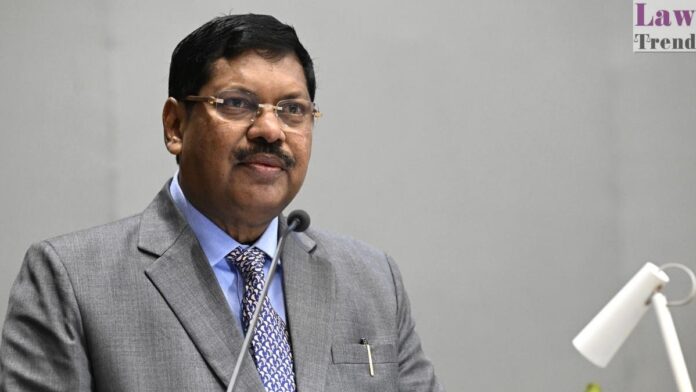Chief Justice of India (CJI) B.R. Gavai on Wednesday underscored the primacy of the Constitution over all democratic institutions, stating that while many believe Parliament to be supreme, it is in fact the Constitution that reigns supreme in India’s democratic framework.
Speaking at a felicitation ceremony in his hometown Amravati, Maharashtra, CJI Gavai addressed the longstanding debate over the supremacy among the three branches of government—executive, legislature, and judiciary. “While many say and believe that Parliament is supreme, according to me, it is the Constitution of India that is supreme. All three wings of the democracy work under the Constitution,” he remarked.
Justice Gavai, who took oath as the 52nd Chief Justice of India last month, referred to the Supreme Court’s landmark rulings on the Basic Structure doctrine, which holds that while Parliament has the power to amend the Constitution, it cannot alter its essential features. “This foundational principle ensures that no organ of the State can act above the constitutional limits,” he said.
Addressing the responsibilities of the judiciary, the CJI emphasized that judicial independence does not stem merely from passing orders against the government. “A judge should always remember that we are the custodians of the rights of citizens and the constitutional values and principles. We don’t just have power — a duty is cast upon us,” he stated.
He also asserted that public perception should not influence judicial decisions. “We have to think independently. What people will say cannot become a part of our decision-making process,” he added.
Highlighting his commitment to constitutional rights, CJI Gavai recalled his judgment denouncing “bulldozer justice,” asserting that the right to shelter is a fundamental right and must be protected.
Reflecting on his personal journey, the CJI shared that although he once aspired to be an architect, his father — a freedom fighter who was jailed during the independence movement — had hoped he would become a lawyer. “He could not become one himself, but his dream came true through me,” Gavai said with emotion.
Justice Gavai’s remarks come at a time of heightened debate around judicial independence and institutional checks and balances, and serve as a strong reaffirmation of the Constitution as the bedrock of Indian democracy.




